
Franchise Success
Of course, it isn’t that simple. But it can be done if you stick yourself to a basic script. And have a bit of luck.
“The nice thing about franchises is you have an entrepreneur who has a product or a service and they have proven they can be successful selling it,” said Lawrence J. Cohen, president and chief executive of Cookie Associates, which owns 27 franchise stores including Great American Cookies, Pretzelmaker and TCBY outlets. “They don’t guarantee success. But if you do it their way, your chances of success are far greater than if you do it on your own.”
Mr. Cohen also known as Doc, who sold 35 Great American Cookies stores in 1998 before building up a new collection, said it took a certain type of entrepreneur to succeed — one who was comfortable with running a business in a prescribed way.
“If you’re selling a Big Mac and you decide to use a plain bun because you don’t like the sesame seed bun, well, it’s no longer a Big Mac,” he said.
This would seem to fit in with the other types of nontraditional investments I have been writing about. But unlike investing in film, racehorses and restaurants, franchises, I found, tend to be an investment that is less exciting than the others.
For someone who really has fervor for supervision a process, though, investing in franchises can be so lucrative that extra spark may not matter.
David Barr, an accountant by training, said that in 1998, after managing the sale of Great American Cookies as chief executive, he had enough money to think about what he wanted to do next. He decided to invest some of it in two Kentucky Fried Chicken franchises and begin a second career as a director on corporate boards.
“I wanted a brand that was a powerful brand, not a start-up, because long term I was looking for something in which I didn’t have to be at the counter every day or over the fryer,” Mr. Barr said. “It’s a true investment because I’ve never taken a dime out and those two have now acquired 23 franchises.”
To maintain his investments in Kentucky Fried Chicken restaurants and, later, Taco Bell restaurants separate from his day job, he instituted a firm rule: Every restaurant had to be at least 45 minutes but no more than three hours from his home in Marietta, Ga.
“I’m not 100 percent passive,” he said, noting that he had an operating partner. “Anyone who thinks that buying a franchise is like buying G.E. stock is crazy. But it’s not 40 hours a week.”
The biggest drain for passive investors in franchises may be managing the people who are making their investment profitable day to day.
“A lot of people do not pay attention to the people part of the business,” said Aslam Khan, who started as a dishwasher at a Church’s Chicken in 1987 and now owns 165 of the restaurants and employs 6,000 people. “Chicken doesn’t move by itself.”
He said he attributed his success to making sure that the people who worked for him were well taken care of.
Stephen J. Caldiera, chief executive of the International Franchise Association, a trade group, said having someone to pay attention to the day-to-day operation was essential. “The people who just want to invest are smart to hire proven operators,” he said. “You’re only as good as the people running the business.”
One of the misleading numbers for people interested in investing in a franchise is the relatively low franchise fee. Mr. Caldiera said fees started as low as $5,000. Burger King’s franchise fee is $50,000 — but it requires people to have a net worth of $1.5 million and liquid assets of $500,000.
Finance becomes a serious obstacle in the way of investor. McDonald’s has a similar $500,000 liquid asset requirement, but the company estimates that equipment and preopening costs range from $959,450 to $2,110,700. The franchise fee is a mere $45,000.























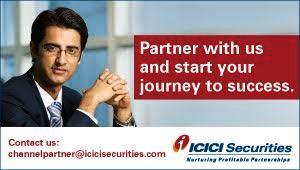
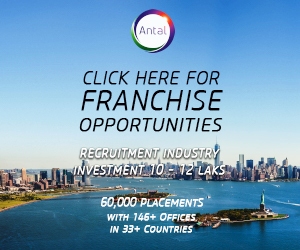
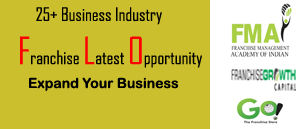
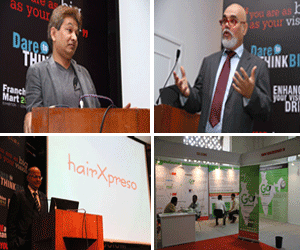


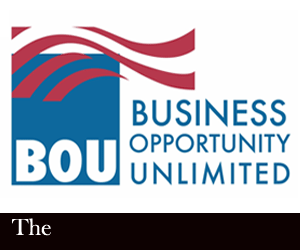
 +91 9909960054
+91 9909960054
Pingback: real estate philippines
Pingback: Anonymous
Pingback: Cock Rings